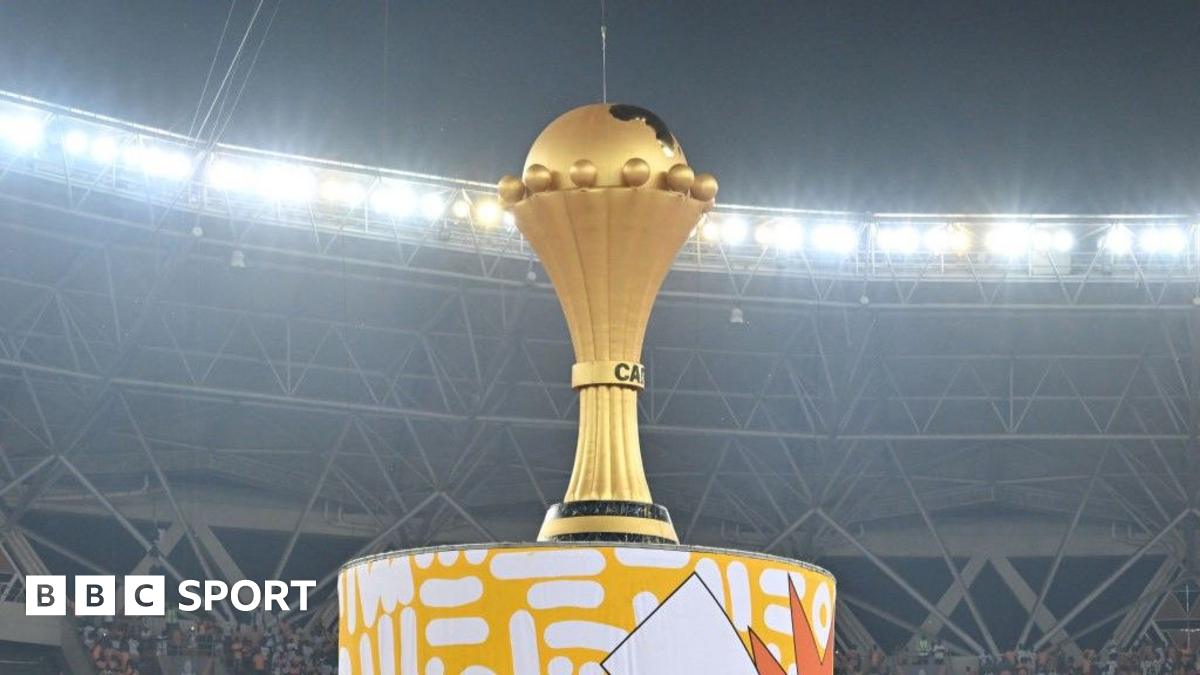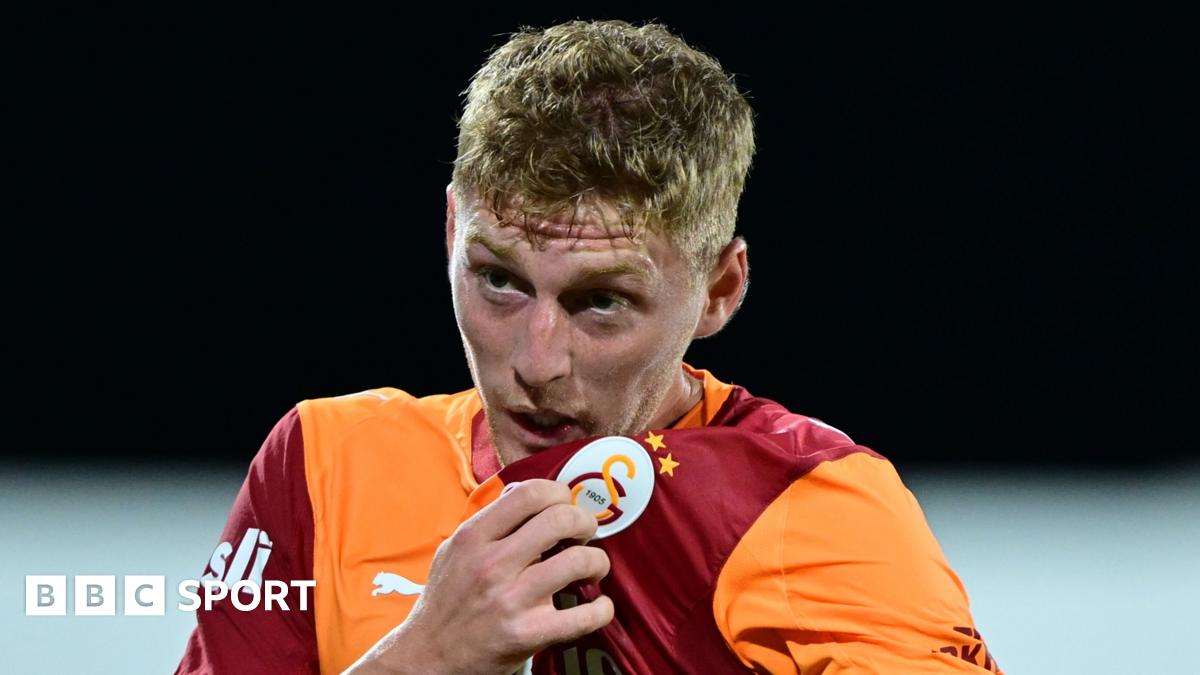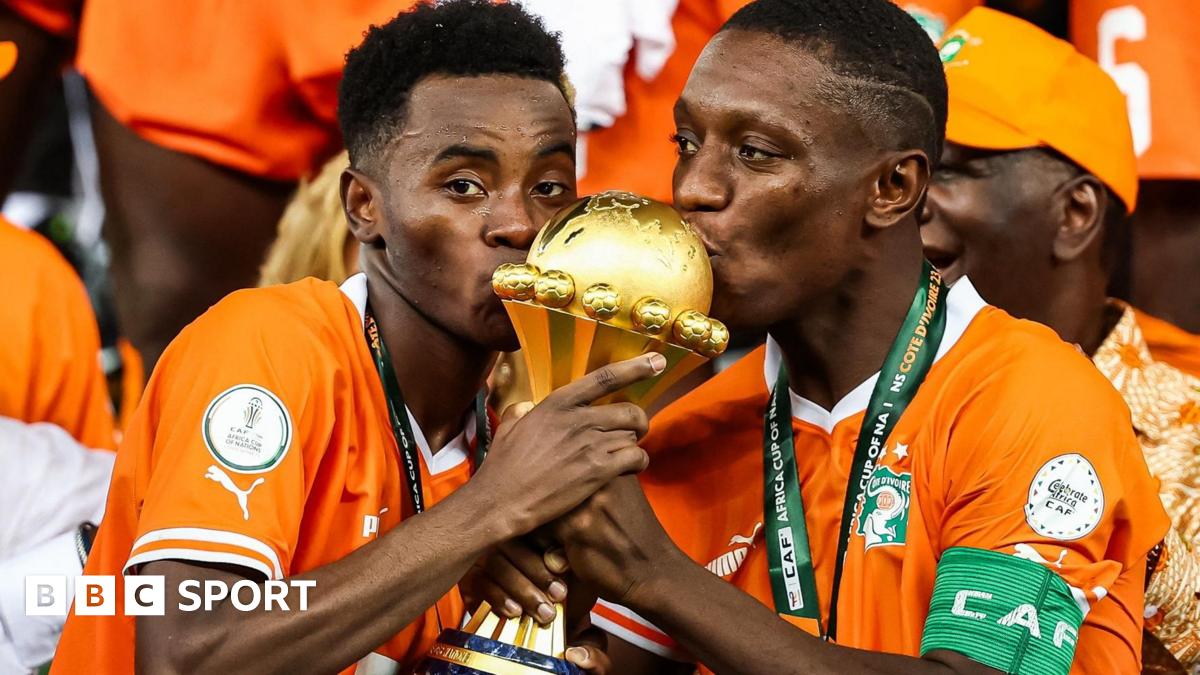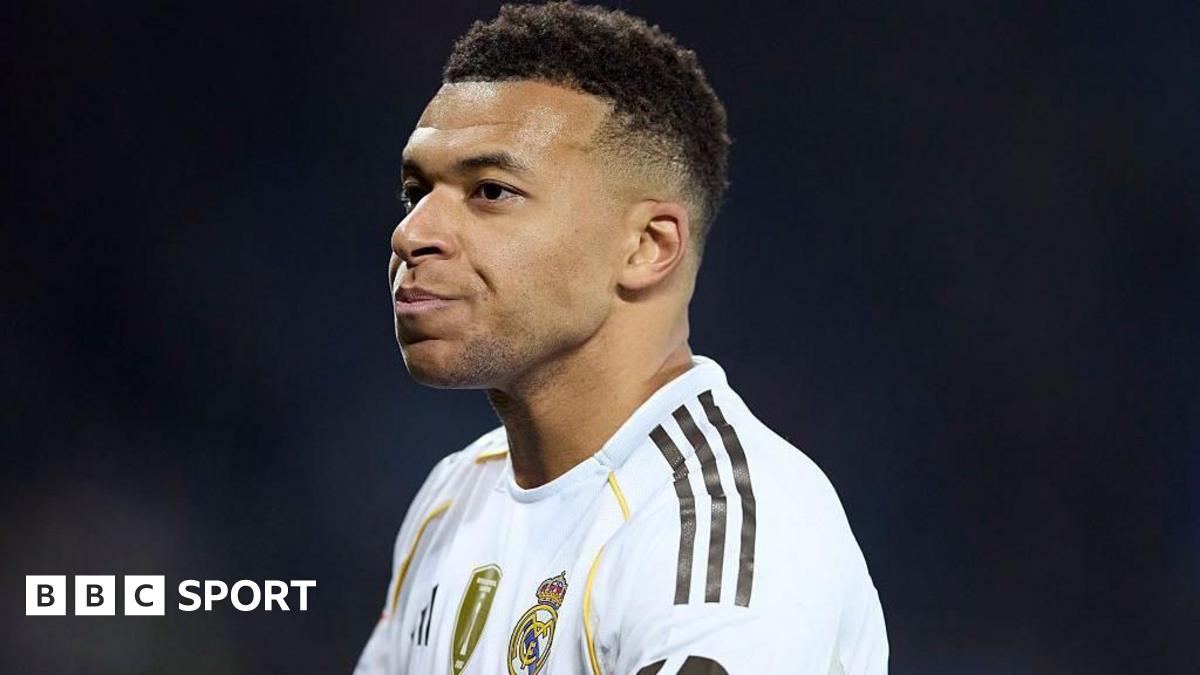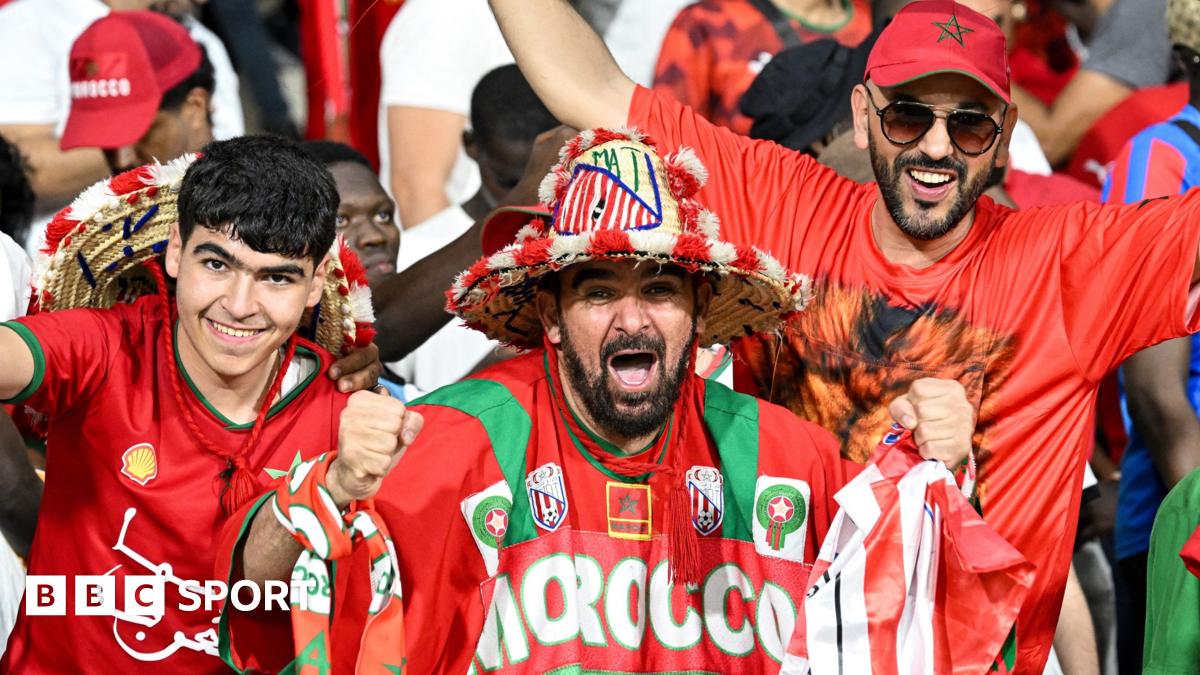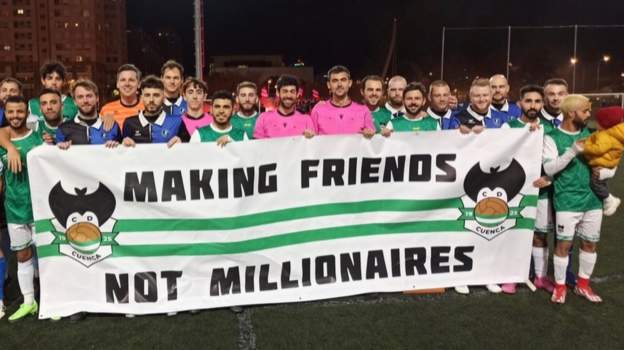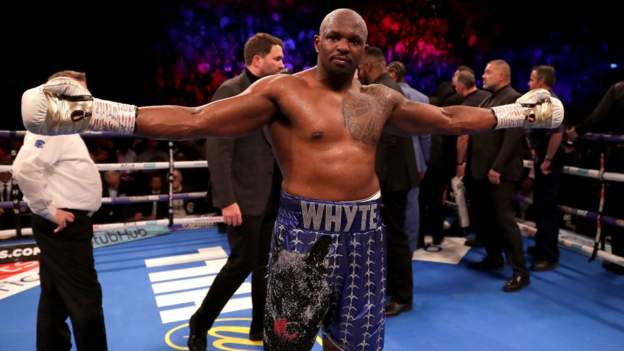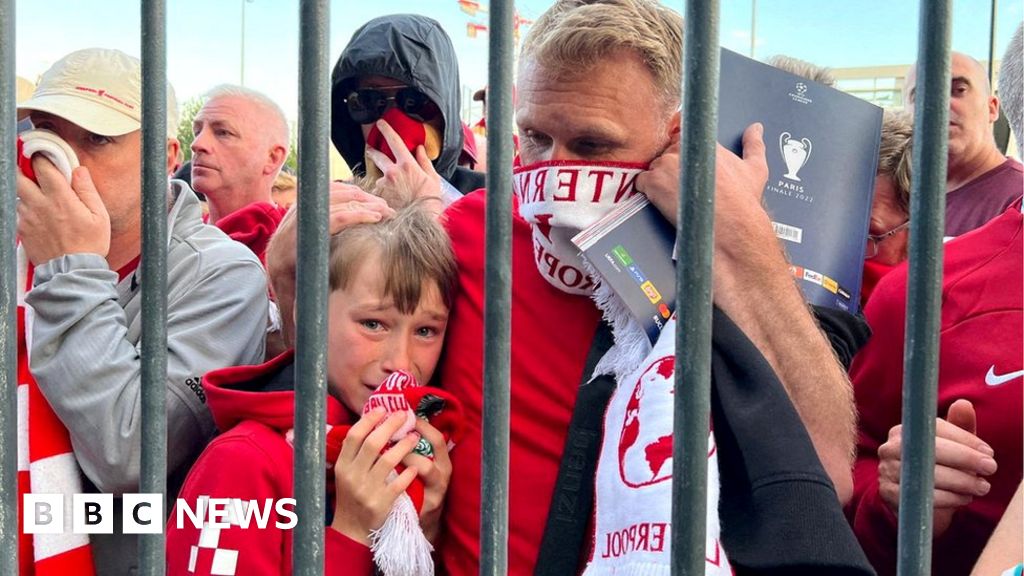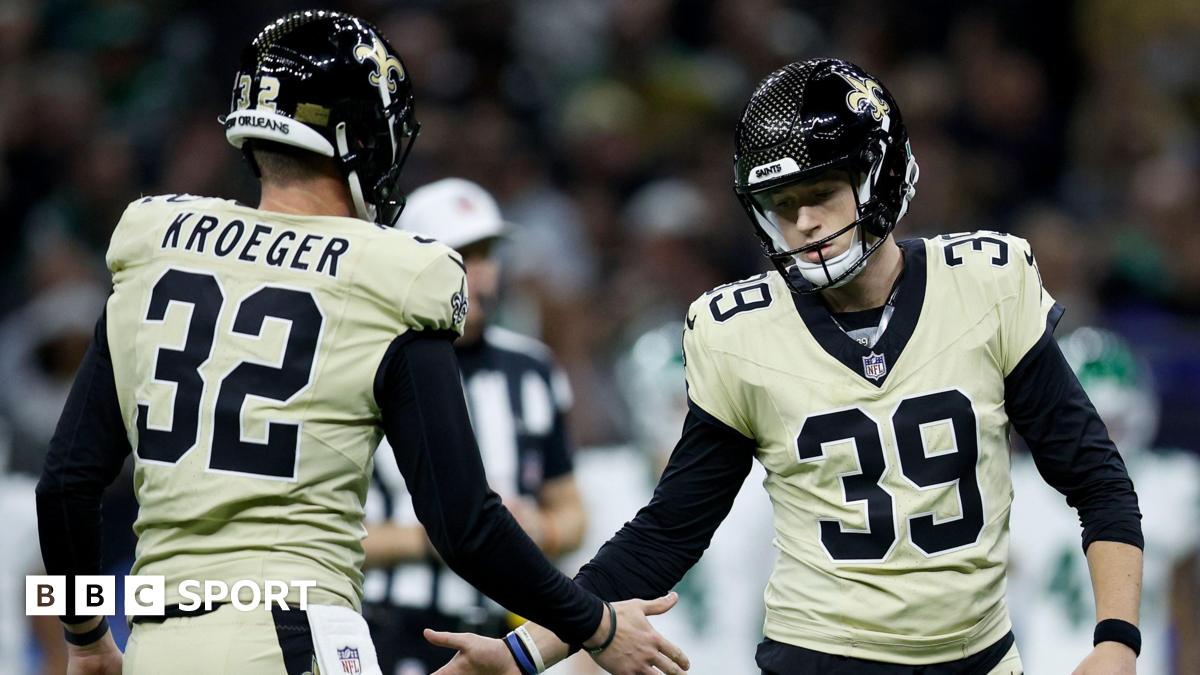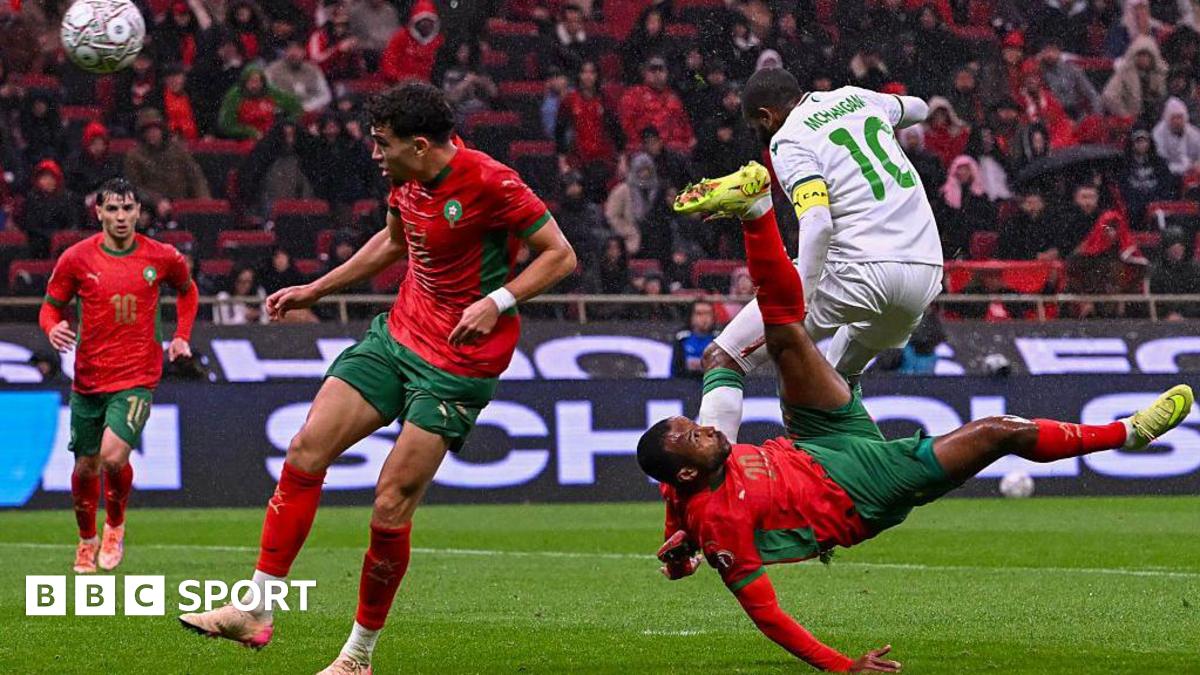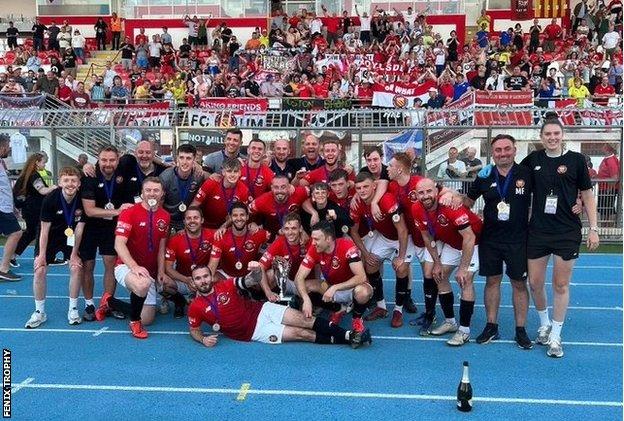
Fans in red gathered at Milan Bergamo airport, hoping for a glimpse of their victorious heroes on the way back to Manchester. Their team had just won a European trophy, evoking memories of Sir Bobby Charlton, David Beckham and Cristiano Ronaldo doing the same thing.
Only the congregation wasn’t there to greet a side oozing with the world’s biggest stars, instead they were waiting for non-leaguers FC United of Manchester, who in June won the inaugural Fenix Trophy – a European competition for semi-professional and amateur clubs.
In doing so, FC United – a breakaway club set up by dissenting Manchester United fans in 2005 and currently in the seventh tier of English football – had earned themselves a special status.
“We were the only English club to win a European trophy last season, so I’ll take that,” laughs Reds boss Neil Reynolds.
“To bring the trophy home through the airport and having my children see us winning it was incredible. We can say we’ve won a European trophy and nobody can take that away from us.
“Our fans have seen it happen with Manchester United, now they’ve seen it with FC United.”
The idea for the Fenix Trophy was first mooted in late 2020 by Alessandro Aleotti, chairman of Italian non-league side Brera FC.
Aleotti established Brera in 2000 with a vision of becoming Milan’s third football club. He saw European competition as the perfect step towards that goal, so with the help of his son Leo, Brera’s general manager, he set about creating one.
The name Fenix is an acronym representing the tournament’s core values: friendly; European; non-professional; innovative; and xenial, which comes from the Ancient Greek word xenos, indicating an attitude of hospitality towards strangers.
The Aleottis didn’t simply want any old clubs to become a Fenix member, though, and started searching for non-professional outfits from across the continent that fit their criteria.
While there were certain logistical and competitive factors to consider – such as proximity to a major airport and ensuring teams played between the sixth and eighth tiers in their respective nations – Leo says they wanted “to find clubs who were exceptional, iconic on some level and gave visibility to non-professional football”.
For last year’s entrants, that meant clubs that have a storied past but have fallen on hard times, or ones with a clear social or community goal, such as being supporter-owned like FC United.
Among the competition were two-time Belgian champions KSK Beveren, who lost to Barcelona in the 1978-79 Cup Winners Cup semi-final, and Amsterdam’s DWS, who won the Eredivisie title in 1964 and count Ruud Gullit and Frank Rijkaard as youth-team alumni.
Brera also have their own link to history thanks to their home, Arena Civica. The ground first opened in 1807, making it the oldest stadium in mainland Europe, and was the former home of both big Milan clubs before they moved to the San Siro.
At the other end of the scale are Prague Raptors, a side based in the Czech capital that prides itself on providing an inclusive environment for all.
“We weren’t in the first section of clubs Brera were speaking to and think we were the last ones they approached,” says Prague Raptors’ English president Daz Moss, who started the club in 2017 on the whim of his five-year-old son Lukas.
“We were selected because we’d done a project a few months before with AKS Zly, a Polish side that were in last year’s tournament, to get more girls into football, because we want to break down barriers and are very pro-diversity.
“It was amazing for us. It shines a light on all the things we’re trying to do. It really helps in terms of people noticing us and even just down to shirt sales, we’ve seen a rise in countries we’ve been involved with.”
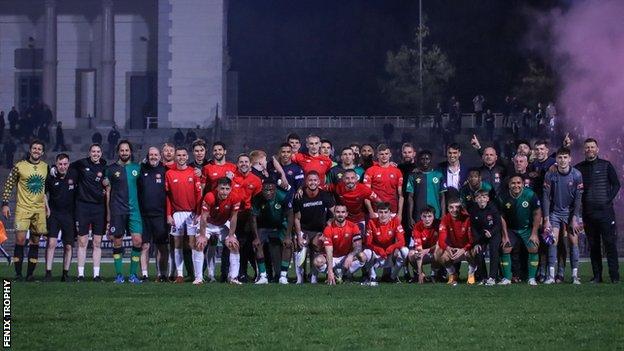
Last year’s tournament saw two groups of four play each other home and away, with the winners of each section coming together for the final in Rimini in Italy in June. The other six sides were also in attendance to play matches based on their group standings to decide a final ranking.
And while FC United triumphed in the final with a 2-0 win over Prague Raptors to lift the trophy, it was the human stories and moments the competition created that stood out for the Fenix founders.
“It was amazing and everyone was so enthusiastic,” Leo says. “We had a very diverse composition of players coming from all over the world and with every kind of experience, from UPS drivers to university students.
“For some of the players to play in another country was great. For some it was a once-in-a-lifetime experience and I remember there was one guy I saw from Gambia who was almost crying when he got on a plane to play in Poland.
“It was his first time catching a plane, so to get that experience because he was playing in the Fenix Trophy is the best projection of the competition you can make.”
For victors FC United, it was a chance to get their hands on a special piece of silverware and give their fans, some of whom used to travel across Europe for big Champions League nights with Manchester United, an opportunity to relive those memories in their new guise.
Fitting the extra matches and travel into an already busy non-league schedule did come with challenges for the Reds’ part-time players, but few were complaining.
Reynolds says: “Playing in Milan on a Wednesday evening, we set off on the Wednesday morning to fly over, had the game and travelled back on Thursday afternoon. We got home on Thursday evening, the lads had to go to work on the Friday and we were travelling three hours to play Morpeth away on the Saturday.
“It makes me laugh when I hear these Premier League managers moaning about European and league fixtures.
“It’s full on and there’s no time to rest, especially for these lads who are engineers or electricians, and don’t have the benefit of a massage or a swimming pool to aid recovery between matches, but they’ll never forget the experience. As hard and demanding as it is, we wouldn’t change it for the world.”
The second edition of the Fenix Trophy is about to get under way, and it has already grown in size, with nine clubs now taking part in a three-group first phase before the finals tournament this summer.
FC United’s defence kicks off against KSK Beveren on 15 November, with Spanish side Cuenca Mestallistes completing their group.
Brera’s Leo Aleotti is happy with the competition’s progress so far, but has ambitions for it to grow even further in the future if budgets allow.
“There are three new teams and two new countries entering this year, but there’s lots of room left to grow and improve,” he says.
“This current format is great and as long as we keep the numbers to 12, 15 or 18 teams, we can implement this three-team group format, although at some point we’ll need to make a jump to another type of format – perhaps a knockout phase – that enables us to have a much wider network.
“A huge part of the selection is the financial affordability of clubs and it’s harder for those from less wealthy regions of Europe to self-fund playing in four or maybe six games each year.
“There needs to be a financial incentive for those who go through to the next stage to be able to afford the extra games and it’s a setup I see for the future, although I don’t know how far away that future is. It’s a target we should aim for because it’s the way to cover a lot more territory.”
Despite the Fenix Trophy’s purity of competition, finances are the key to the tournament really taking off on a much larger scale. So has Leo got any possible sponsors in mind?
“Because the tournament is self-financed, we’re counting on the low-cost airlines, so maybe Ryanair should be our sponsor at some point,” he jokingly ponders. “We have so many pictures of teams posing in front of planes, they should definitely consider it.”
Get a benefactor on board and the sky really is the limit for the Fenix Trophy.

